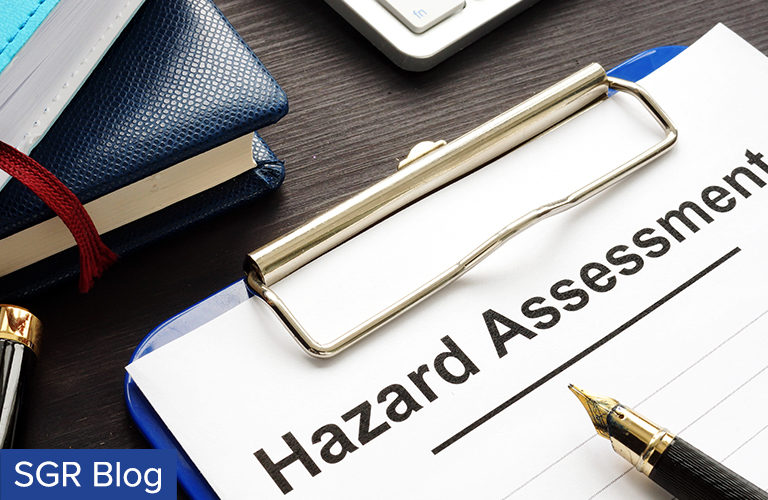
In collaboration with some of the nation’s largest transit authorities, scientists at the EPA are collecting information on longer-lasting disinfectants that could revolutionize how we minimize COVID and COVID-like risks in public spaces. EPA is working directly with the Metropolitan Transportation Authority of North America on evaluating EPA-registered anti-microbial products in the New York City Transit system to determine their ability to provide effective anti-virus protection over time. EPA will make the results of this research available to help inform decisions on the use of longer-lasting disinfection products, including information on the frequency of use to maintain disinfection capabilities over… Read more










